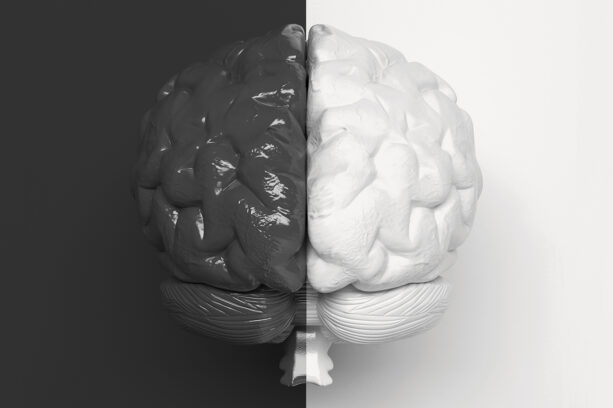Striving for and achieving goals do not, on their own, lead to long-term wellbeing. There is always life ‘after’ the achievement. Goals being achieved alone, provide only temporary wellbeing.
Michael Phelps, for example, a record-breaking swimmer from the USA, won an incredible 23 gold medals over the course of his Olympic career (2000 – 2016). An achievement so great, yet he suffered from a “post-Olympic depression” in 2004 and this continued after each Olympic Games. Each time his training started again; he would compartmentalise his feelings. He said: “I looked at myself as a swimmer and not a human.” Phelps sought help for his depression in 2014 and now puts an equal emphasis on both his physical and mental health (1).
So, how do we achieve longer-term wellbeing?
The answer lies with additional ingredients:
A life with meaning
The organisation, Age UK, constructs an index (2) of what makes people happy in later life. A decade ago, we might have said “in retirement”, but as you’ll see
below, this word doesn’t really work anymore.
They identified the following:
- Participation in enjoyable, meaningful activities was the biggest direct factor for wellbeing.
- Physical activity is the second biggest individual direct factor.
- Support for older people who are informal carers is very important.
- Having positive social interactions is a common thread throughout wellbeing.
The results of this index send a very clear message, not only to those looking to life beyond work, but to all of us:
- What sort of experiences do we want to enjoy?
- How can we expand those meaningful connections with others?
- How can we bring more meaning into our life?
A life with motivation
This resonates with ideas that come from the world of psychology and tells us that we will be motivated to do something if the following three elements are in place:
- Competence, or the ability to do something.
- Control over our behavior’s in how to do it.
- Being able to relate it to other people.
Only when these are in place, will we feel motivated to do what we set out to, and by doing so, it will bring us joy. If we are forced to do something and one or more of these elements are not in place, then not only will we lack motivation, but we will also be unhappy.
Choosing to do a job which is not purposeful but pays well, for example, is unlikely to be fulfilling and could make you miserable. This may also be exacerbated if you are not suitably skilled or trained for the job and therefore unable to control the way in which you do it.
Similarly, we can look to this model when looking at how to navigate a period of change, such as a change of job, or retirement.
A life of giving
This gives us one further clue when considering what future experiences might bring wellbeing. It is best summed up by this quote from Archbishop Desmond Tutu:
“Joy is your reward for the giving of joy.”
‘Giving’ need not only be in financial form. A general attitude of kindness is the starting point, but it can be helping in one’s community or volunteering for something that aligns with your own values and beliefs. Maybe it is something more structured, such as with a charity, either as a trustee or on the ground, or connecting with people.
In summary, the pursuit of success, status, wealth, and achievements, often result in a temporary state of happiness. Instead, we should focus on cultivating a life that is infused with meaning, motivation and giving, in order to achieve long-lasting wellbeing.
If you have any further questions, please don’t hesitate to contact us. If you’re a client you can reach us on 0161 486 2250 or by getting in touch with your usual Equilibrium contact. For all new enquiries please call 0161 383 3335.
Sources
1) Healthline.



